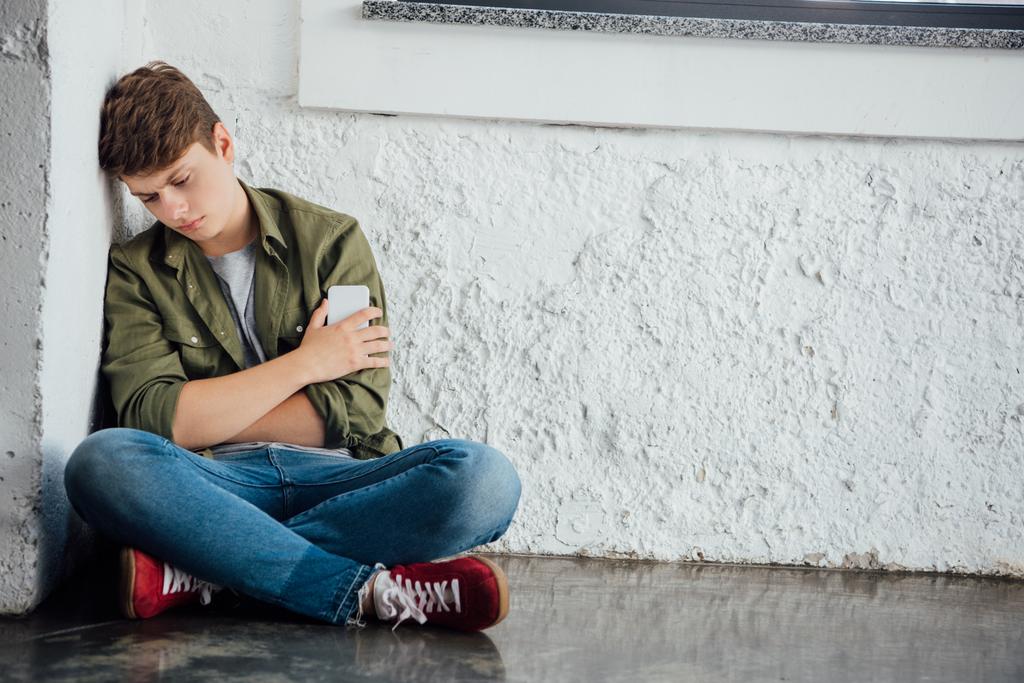Social media has become an all-pervasive part of daily life these days, providing an avenue to be connected, kept up to date, and entertained. But its effect on mental health has created increasing alarm. Anxiety has increased among regular users, with most being overwhelmed by incessant notifications, comparisons, and unrealistic ideals. Knowing how social media accelerates anxiety can help enhance digital behaviour.
The Comparison Trap and Unrealistic Standards
Comparison is perhaps the strongest means by which social media fuels anxiety. Instagram, Facebook, and TikTok show edited versions of other individuals’ lives, usually with the highlight reels only. Seeing others’ successes, vacations, or apparently flawless lives creates unrealistic expectations. Social comparison generates feelings of inadequacy and self-doubt as they happen.
The use of photo editing software and filters distorts the perception of reality further, making it difficult to separate real and manipulated stories. Pressure to maintain appearances is stressful, depletes self-esteem, and fosters negative thinking.
The Dopamine Loop and Constant Need for Validation
Social media platforms are created to keep the user on. Each share, comment, and like triggers a release of a dopamine, a pleasure-related neurotransmitter, and hence fuels the need to return for further interaction. This builds a feedback loop of validation-seeking activity, which compels users to publish material in hopes of receiving interaction.
A lack of anticipated interactions, conversely, has the reverse effect. When a post fails to receive the anticipated attention, it can lead to self-doubt and more stress. In the long run, this reliance on social media approval can be bad for mental health, making self-esteem reliant on outside approval.
Fear of Missing Out (FOMO)
Social media presents an idealised vision of life, where it appears as if everyone is always having fun, socialising, and doing incredible things. This illusion generates the fear of missing out (FOMO), a common phobia. Observing other people going out to parties, having holidays, or celebrating milestones makes one feel behind and bitter about one’s own life.
The longer one scrolls, the more these emotions will intensify. Individuals will be forced to do things because they don’t want to be excluded, not because they desire to. This results in stress, burnout, and general mental breakdown.
Information Overload and Digital Fatigue
Social media is a steady flow of information, from news flashes to trending topics. Staying updated is necessary, but too much of it can create information overload. The volume of content is so high that it becomes hard to process, and mental fatigue ensues.
The dissemination of bad news, disinformation, and traumatic events can also increase anxiety. Doomscrolling, or the habit of continuously reading bad news, has the potential to make individuals feel overwhelmed and helpless. Consumption of social media without control can significantly add to higher levels of stress.
Cyberbullying and Online Harassment
Although social media gives room for bonding, it also subjects users to cyberbullying and online abuse. The anonymity of the internet encourages people to post hurtful comments or troll. The psychological effect of abusive interactions can be devastating, contributing to heightened anxiety, depression, and even social isolation.
For younger users and those who are already struggling with mental health issues, online harassment can be especially harmful. The failure to avoid negativity, even in cyberspace, reinforces distress and perceptions of helplessness.
Practical Strategies to Reduce Social Media-Induced Anxiety
Set Boundaries on Screen Time
Too much use of social media can lead to anxiety, so time limits are necessary. The majority of smartphones also come with screen time tracking features that allow users to track and restrict usage. Restricting times to access social media rather than scrolling endlessly can reduce stress.
Curate a Positive Digital Space
Deleting accounts that cause negative feelings and replacing them with inspirational or informative content can contribute to a better online community. After mental health activists, motivational pages, and accounts practicing self-care social media can be made better.
Practice Digital Detoxing
Stepping away from social media regularly can really enhance mental health. It could be several hours a day or a weekend of no screens, but by taking a break from online realms, one is able to relax and not become so reliant on digital communication.
Engage in Offline Activities
Substituting surfing the web for social media with hobbies, exercise, or actual human interaction can maintain one in a healthier balance. Going outdoors, reading a book, or visiting with family and friends can be fulfilling in ways that social media is not.
Be Mindful of Emotional Triggers
Identifying what causes anxiety on social media is important. Comparison, bad news, or quarrels online – whatever it may be, awareness of these will enable improved regulation of digital usage. Mindfulness and prioritising real-world accomplishment over online praise can change viewpoints.
Seek Professional Support When Needed
For individuals having a hard time dealing with anxiety induced by social media, getting assistance from a professional can help. Consulting with an anxiety psychologist Wollongong or some other mental health expert can help with coping strategies and customised support.

Finding Balance in the Digital World
Social media is not unhealthy in itself, but overindulgence or unhealthy consumption may lead to anxiety. Being careful about how virtual interactions impact psychological well-being and taking proactive action to control online consumption can work wonders. Staying focused on real-life connections, establishing limits, and controlling a healthy virtual environment are all crucial for achieving well-being amidst a more and more connected universe.
